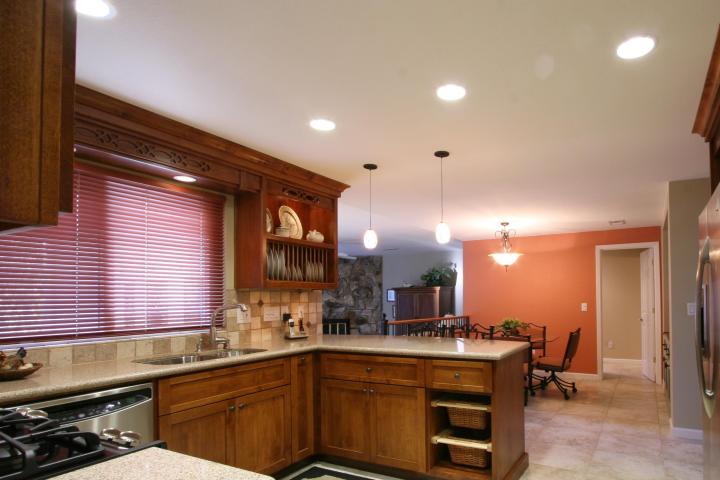
Millennials, also known as Generation Y, are made up of individuals born between the early 1980s and late 1990s. Homeowners within the 25-to-34-year-old age range fell into this demographic in the Houzz & Home survey.
Approximately 55 percent of Millennials said that their main motivation for renovating a newly purchased house was to make it “their own.” And fully one-third of the Millennial respondents to the survey said they purchased a new home in 2014.
“While still a small group, Millennial homeowners are just as active as older generations when it comes to renovating and decorating,” said Nino Sitchinava, principal economist at Houzz. “Because of delayed homeownership, we have historically known very little about their preferences when it comes to their home updates. However our unprecedented data show that Millennial views on resale value, energy efficiency, healthy homes, and other factors are similar to those of older generations.”
About 25 percent of remodelers said that smart home tech was a very-to-extremely important consideration during a recent renovation. Approximately one-fourth of homeowners installed home automation technology in a renovated space last year.
In terms of most-frequently renovated spaces, the kitchen reigned supreme in 2014. Millennials who renovated or remodeled spent an average of $26,300 on major kitchen remodels last year, while Baby Boomers dished out $45,200. However, staying on budget is still a problem for the younger generation. About 38 percent said it was their top challenge last year, compared to just 29 percent of Baby Boomers.
This year’s annual Houzz & Home survey included responses from more than 260,000 people worldwide.
Editors' Recommendations
- Check out these Ring video doorbell alternatives that don’t require a subscription
- GPUs are cheap right now, but don’t be tempted just yet
- Even Nvidia’s partners don’t believe in the new RTX 4060 Ti
- Save money on your utility bills with these smart home gadgets
- This game lets hackers attack your PC, and you don’t even need to play it


